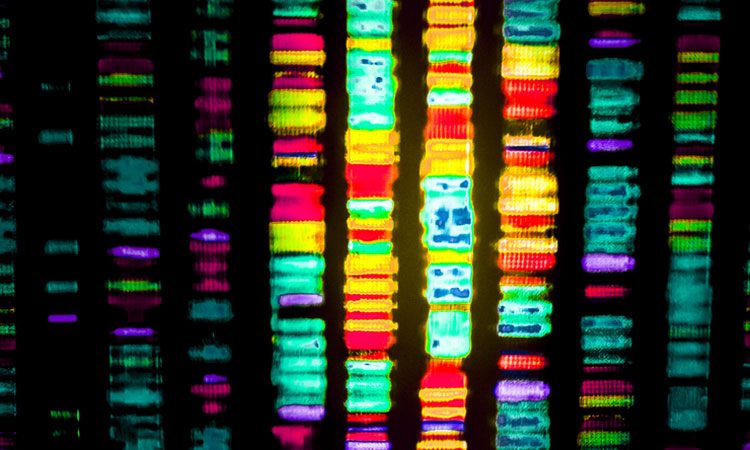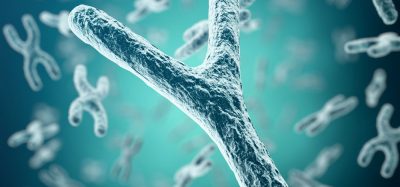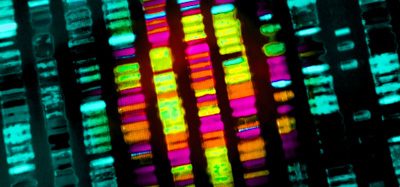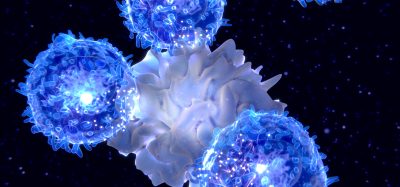Study of TP53 mutations shows insight into the gene’s function
Posted: 31 July 2019 | Drug Target Review | No comments yet
New study sheds light on how the TP53 gene becomes mutated and how those mutations can help predict clinical outlooks for cancer.

Credit: Baylor College of Medicine.
Researchers at Baylor College of Medicine have conducted the most comprehensive study of TP53 mutations to better understand the processes leading to the inactivation of this important gene. According to the researchers, the improved knowledge of the disease will lead to better therapies for cancer.
The team studied 10,225 patient samples from 32 different cancers, from The Cancer Genome Atlas, and compared them to another 80,000 mutations in a database collected over three decades by Dr Thierry Soussi, professor of molecular biology at Sorbonne University. After analysing this large data sample, they have a more thorough understanding of how the TP53 gene mutation impacts cancer.
This is the first TP53 study to examine such a large number of tumours and cancer types using five different data collection methods
Led by Dr Larry Donehower, professor of molecular virology and microbiology at Baylor College of Medicine, the team found that across all cancer types studied, TP53 mutations were more frequent in patients with poorer survival rates. But they also identified a way to more accurately predict prognosis. Donehower said he identified four upregulated genes in mutant TP53 tumours, whose expression correlated to patient outcome.
At the chromosomal level, the team found a noticeable pattern in TP53 gene loss: “In some cancer genes, you’ll see one copy of the two genes lost or mutated,” Donehower said. “Over 91 percent of all cancers lose both TP53 genes, not just one.”
This second gene loss occurred due to mutation, chromosomal deletion or gene duplication. According to Donehower, cases of gene duplication occurred at a much higher rate than previously thought.
The research also showed that TP53 mutation correlated strongly with genomic instability, indicative of the role of the normal protein in monitoring chromosome integrity. In most TP53 mutant tumours, other tumour suppressor genes were deleted, while oncogenes that allow cancer to develop were amplified.
This is the first TP53 study to examine such a large number of tumours and cancer types using five different data collection methods. Donehower said the size of this study allowed his team to notice patterns and correlations that might not be evident in a smaller sample.
“Most studies on TP53 focus on one cancer type,” Donehower added. “Looking at 32 different cancer types, you see that certain patterns hold up regardless of cancer type.”
The study was published in the journal Cell Reports.
Related topics
Analysis, Genetic Analysis, Research & Development
Related conditions
Cancer
Related organisations
Baylor College of Medicine
Related people
Dr Thierry Soussi






